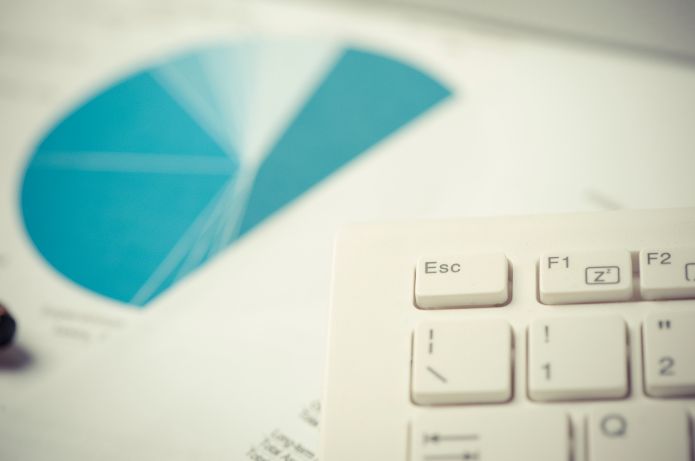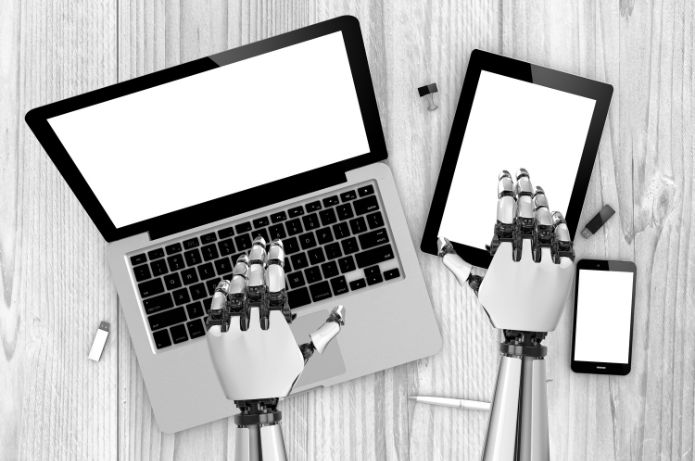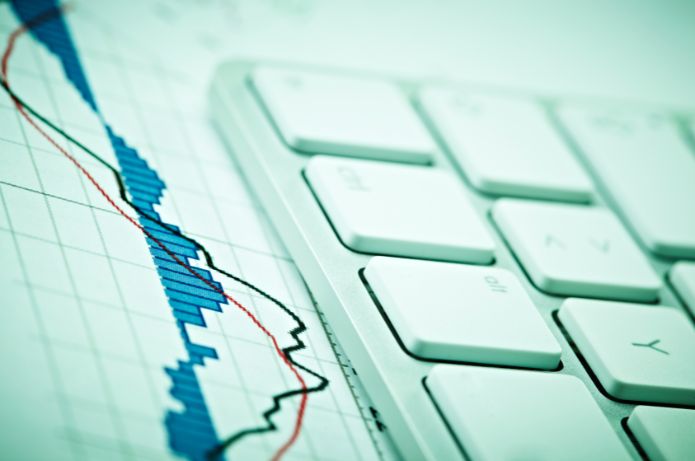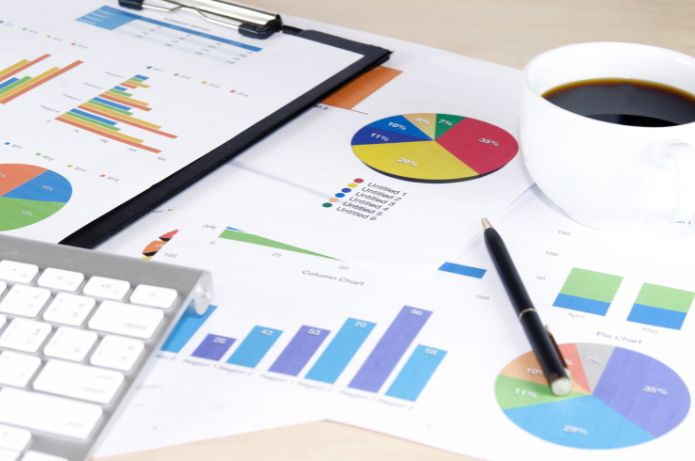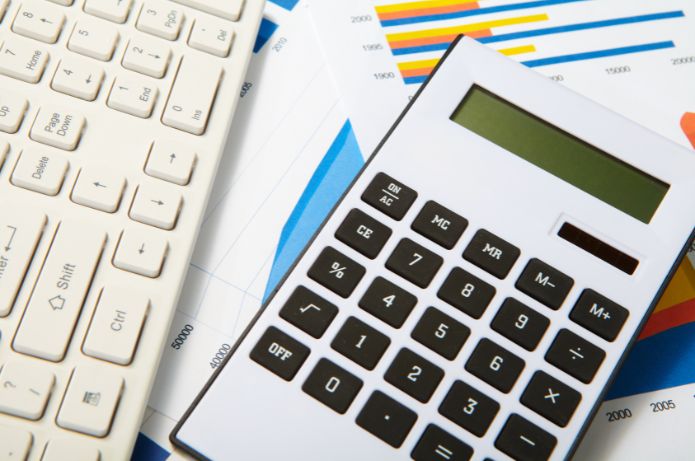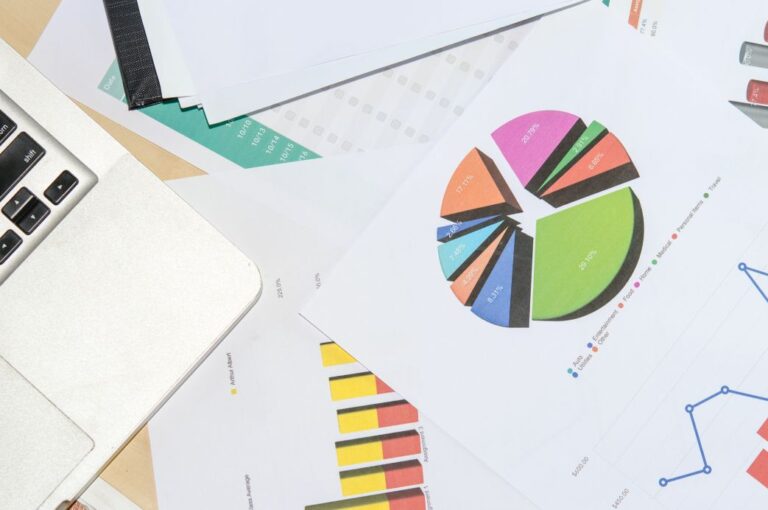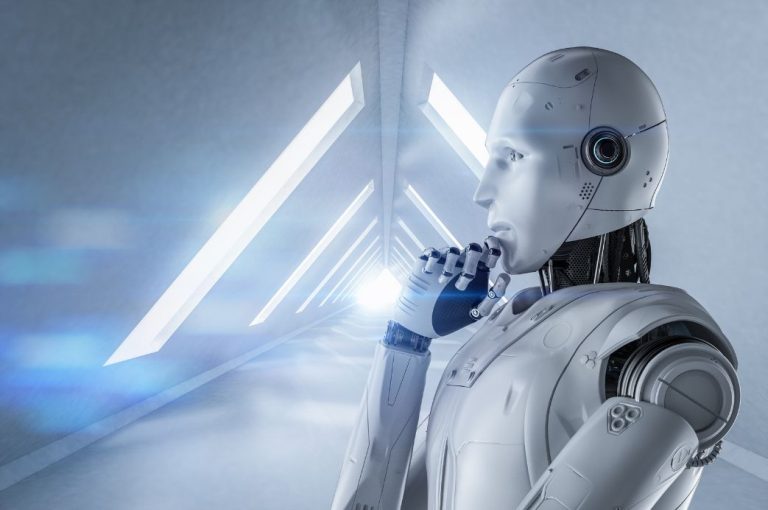Microsoft today announced the largest single-time investment in Brazil, encompassing the value of R$ 14.7 billion in cloud infrastructure and artificial intelligence (AI) over three years. This initiative aims to foster the development of the AI ecosystem in Brazil, accelerating AI innovation in the country. Microsoft will also encourage the country's long-term competitive advantage through the ConectAI program, in which it will offer training to 5 million people over the next three years in AI skills, creating long-term benefits for the Brazilian economy.
Microsoft will expand its cloud and AI infrastructure at several data center campuses in the state of Sao Paulo. This new investment is aligned with the company's goal of supporting innovation and increasing the country's competitiveness, and is aligned with the government's vision of improving public sector efficiency, national resilience and encouraging sustainability. Microsoft already has two Azure regions locally: Sao Paulo-based Brazil South, which was announced in 2014, and Rio de Janeiro-based Brazil Southeast, launched in 2020.
“We are committed to supporting AI transformation in Brazil and ensuring it benefits all”, said Satya Nadella, CEO of Microsoft.“Our new investments in cloud infrastructure and AI and capacity building in Brazil will help ensure broad access to both the technology and skills needed for the Brazilian population and economy to thrive in this era of AI.”
ConectAI: empowering 5 million Brazilians with essential AI skills
Microsoft is launching ConectAI, a program that will provide AI skills training to 5 million people, with the goal of addressing the AI-driven workforce change and ensuring an equitable future for all by delivering large-scale AI fluency.
A study commissioned by Microsoft and conducted by consultancy FrontierView in 2020 shows that if Brazil adopts AI massively it could add 4.2 percentage points to the country's GDP growth by 2030. Even with minimal adoption of AI, Brazil could see a 1.8 percentage point increase in GDP in the same period.
“Today's announcement demonstrates Microsoft's commitment to supporting economic and inclusive growth in Brazil.We are empowering individuals, businesses and society to increase innovation and democratize the use of AI through skill development, knowledge sharing and access to cutting-edge technology and digital infrastructure, while meeting our” sustainability goals, says Tania Cosentino, President, Microsoft Brazil.
The ConectAI program makes this premise tangible and will support the Brazilian population to extract the benefits of AI adoption. The company is collaborating with 26 organizations, including governments, educational institutions and NGOs to achieve this goal.Microsoft has closed a new collaboration with SENAI Sao Paulo (National Industrial Learning Service) to offer AI fluency courses and training for AI-900 certification for its students, teachers and the community.
In addition, Microsoft will continue to collaborate with the Ministry of Labor and Employment (MTE) to provide AI skills training through the “Ecola do Trabalhador 4.0” program, which aims to provide access to digital skills so Brazilians can stay up-to-date on technologies demanded by the world of work. “O MTE has been working with Microsoft for years on building digital skills training to support the Brazilian population to empower themselves in current technologies. The new initiatives we are developing together to disseminate knowledge in artificial intelligence will be essential to promote the inclusion of people in the digital environment and generate more employability opportunities in the country, supporting the economic and professional growth of the citizens”, says Luiz Marinho, Minister of Labor and Employment.
In addition, Microsoft, in collaboration with Nova Escola, a non-profit organization focused on supporting Brazilian teachers, will provide training in AI skills for educators. This initiative seeks to empower teachers with resources to simplify class preparation and improve public education through innovative resources and training. To reach young people, Microsoft is partnering with UNICEF to bring AI skills to the 1MiO program, with the purpose of reducing the number of people between 18 and 25 years who do not study and are not working. Another important public is government workers. To empower public servants to be more productive and thereby improve the services provided to the technological content and to the Microsoft industry is associating with skills to the public.
In addition to the initiatives carried out through the 26 partners of ConectAI, Brazilians will also have a Microsoft website (https://aka.ms/conectAI) where you can access more than 130 learning tracks for free. These tracks will cover topics such as digital literacy, productivity, AI and technical training.These courses cover topics such as Microsoft 365 applications, the history of AI, generative artificial intelligence, prompt engineering (commands/questions for AI) and how to use Microsoft Copilot.More technical courses will also be available, focusing on providing knowledge about AI fundamentals in the cloud.
Microsoft has already helped many Brazilians acquire digital skills through the programs that are part of the Mais Brasil plan, ConectAI (formerly Conecta+) and partner initiatives. From January 2021 to August 2024, we impacted 12.7 million people to learn more about digital literacy and productivity, and trained and certified 2.8 million people in digital skills.
Fostering the AI Ecosystem in Brazil
To support the growing demand for cloud and AI services in Brazil, we have invested in the Brazilian AI ecosystem, including developers and startups. Today, the GitHub developer community in Brazil has more than 4.8 million people*. The country is the sixth largest developer community, contributing to generative AI projects, and Brazil is expected to surpass China in number of developers by 2028, becoming the third largest population of these professionals globally*. Microsoft is also supporting the local startup community, offering more than USD 9 million in Azure credits to about 3,300 startups from local startup hubs through 20 startups.
In addition, the company has an ecosystem of 25,000 partners and hundreds of thousands of customers in Brazil.Microsoft empowers Brazilian organizations to benefit from the power of AI. This investment in infrastructure and skills development aims to foster innovation in established companies, new ventures and the renowned Brazilian startup community, and also addresses the critical need for training in AI skills.
“The use of generative AI combined with a responsible AI discipline has enabled the delivery of a single cloud native solution for the digital care of our customers with resolution rates higher than 90%”, comments Rafael Cavalcanti, Chief Data and Analytics Officer at Bradesco.
Driving a sustainable, secure, high-level infrastructure in cloud and AI
Sustainability is essentially important to Microsoft and is reflected in our ambitious corporate goals of becoming a carbon negative, water positive, zero waste company that protects ecosystems by 2030. At Microsoft, we design, build, and operate a cloud computing infrastructure spanning the entire chain, from datacenters to servers to custom silicon. With this expansion, Microsoft's cloud will span more than 60 datacenter regions globally.
Microsoft continues to evaluate and act intensively to meet the sustainability and resource needs associated with infrastructure growth.Microsoft has taken a pioneering approach in its planning, making long-term investments to bring more carbon-free electricity to the grids where it operates. Our Energy Purchase Agreements, or PPAs, are at the heart of our approach. Today, we hire more than 34 GW of renewable energy in 24 countries, marking progress toward accelerating renewable energy markets and supporting the global energy transition.
In addition, we continue with our goal of becoming Carbon Negative by 2030, being one of the largest carbon removal buyers in the world.In the last fiscal year, Microsoft purchased tens of millions of tons of carbon removal, in a global portfolio of environmental initiatives such as reforestation, and solutions such as direct air capture and biochar (vegetable coal).
In 2023, Microsoft signed a 15-year renewable energy contract with AES Brasil for a wind generation project that began its commercial operations in July 2024. The energy will be generated by the Cashew Wind Complex, located in Rio Grande do Norte, approximately 130 kilometers from Natal. The project will be conducted by an operations and maintenance team (O&M) composed entirely of women. AES Brazil is the first company in the country to have a wind farm composed and maintained locally by a female team.
In line with its goal of becoming Carbon Negative by 2030, Microsoft has signed an agreement with Amazon Reforestation Fund operated by a Brazilian startup called Mombak to provide high-quality carbon removal through native biodiversity reforestation projects in the Amazon, totaling up to 1.5 million tons of carbon removal by 2032 from millions of planted trees.Based on this agreement, the World Bank issued a result bond (outcome bond225M 225M 225M (the first title of this type) to foster more investments in Mombak reforestation efforts. A second agreement with another Brazilian company, re.green, provides for the delivery of approximately 3 million carbon removal credits over a 15-year period through forest restoration, using exclusively native species, including the planting of at least 10 million seedlings. The estimate of this purchase agreement is to support the restoration of more than 16,000 hectares throughout Brazil, including the states of Maranhao and Bahia.
Finally, an agreement with BTG Pactual Timberland Investment Group (TIG) plans to provide Microsoft with up to 8 million nature-based carbon removal credits by 2043 2043 % of the largest corporate carbon removal purchase announced to date. Credits will be made available through the USD 1 billion TIG reforestation and restoration strategy in Latin America, in which Conservation International acts as an impact consultant to assist TIG to achieve positive results in the environmental, climate and social spheres. This strategy focuses on conservation, restoration and planting in deforested and degraded areas in selected regions of Latin America, including the Cerrado biome of the Brazilian Cerrado.
Microsoft's infrastructure and cloud services suite are built from the ground up to protect data centers from unauthorized access, environmental risks, and other physical threats. The company uses a resilient architecture, business continuity plans, and disaster recovery steps to keep services available and meet high security and privacy standards. Microsoft follows industry standards of excellence in implementing Responsible AI standards and creating the AI Assurance Program, which aims to promote best practices for using this technology.
Promoting responsible advancement and community engagement
This infrastructure will operate under the Microsoft AI Access Principles, which were created to foster innovation and healthy competition within the rapidly growing AI economy. They reflect Microsoft's growing role and responsibility as an AI leader and the company's commitment to making investments, forming business partnerships and creating programs that ensure broad access to its AI technology, empowering organizations and individuals to develop and use AI in ways that benefit society as a whole.
Microsoft is also reinforcing its Global Commitment to the Community de Datacenters, which recognizes its commitment to being a responsible business in Brazil and the places where it operates, positively contributing to local economies and ecosystems while advancing global digital transformation.Microsoft will work closely with local governments, citizens and decision makers to ensure that its infrastructure is a resource that contributes to a sustainable future and advances community prosperity and well-being.

